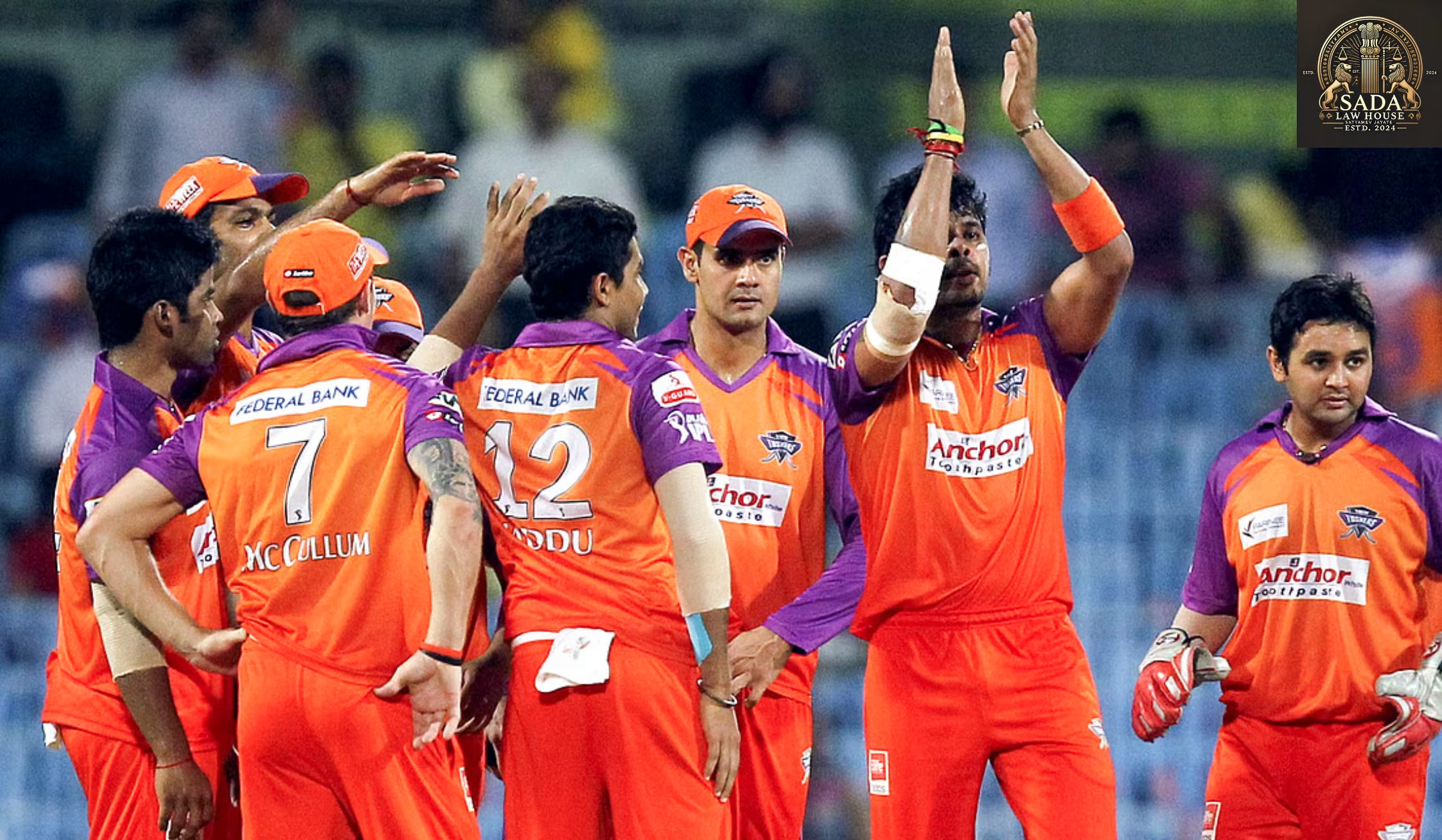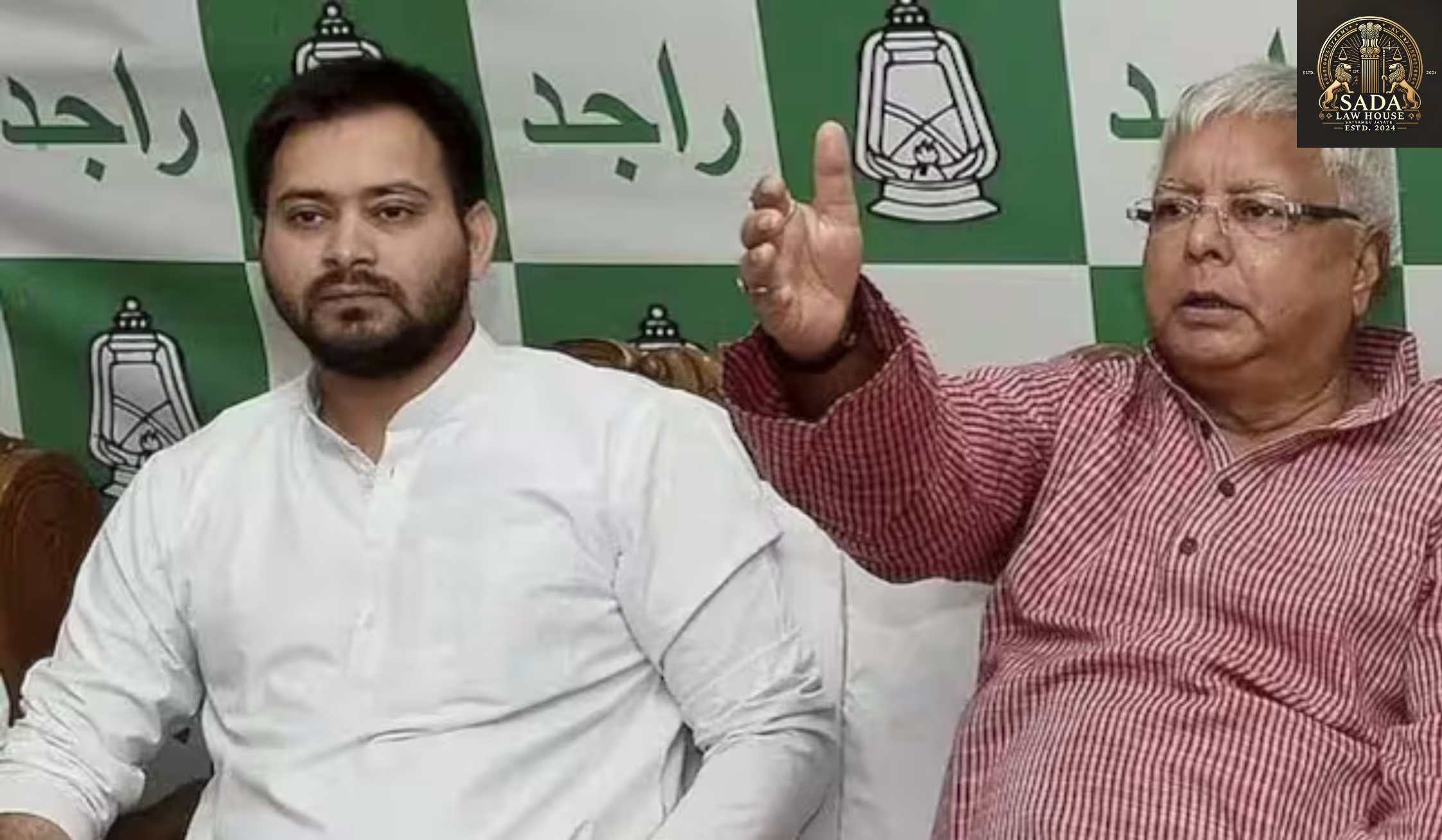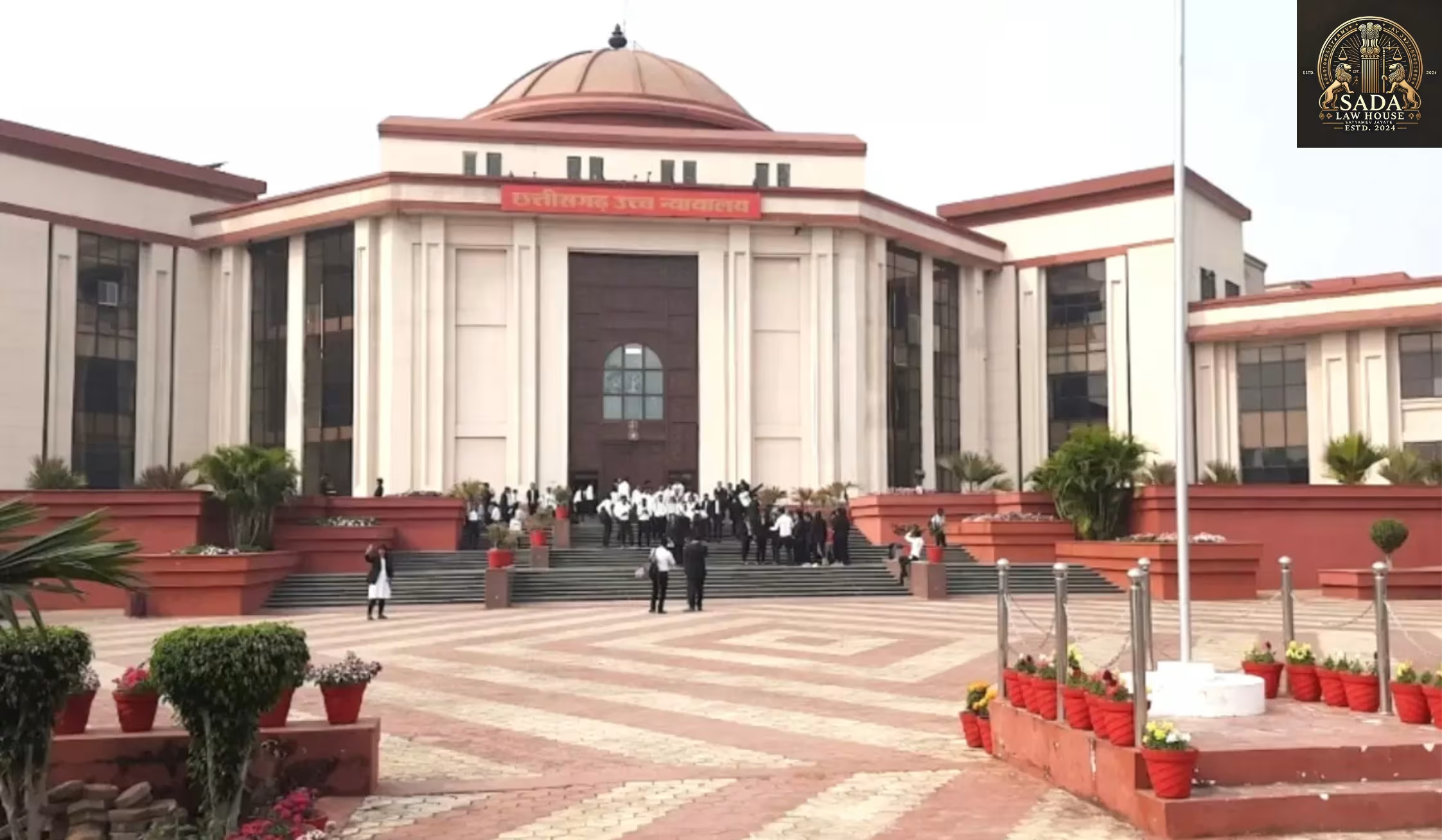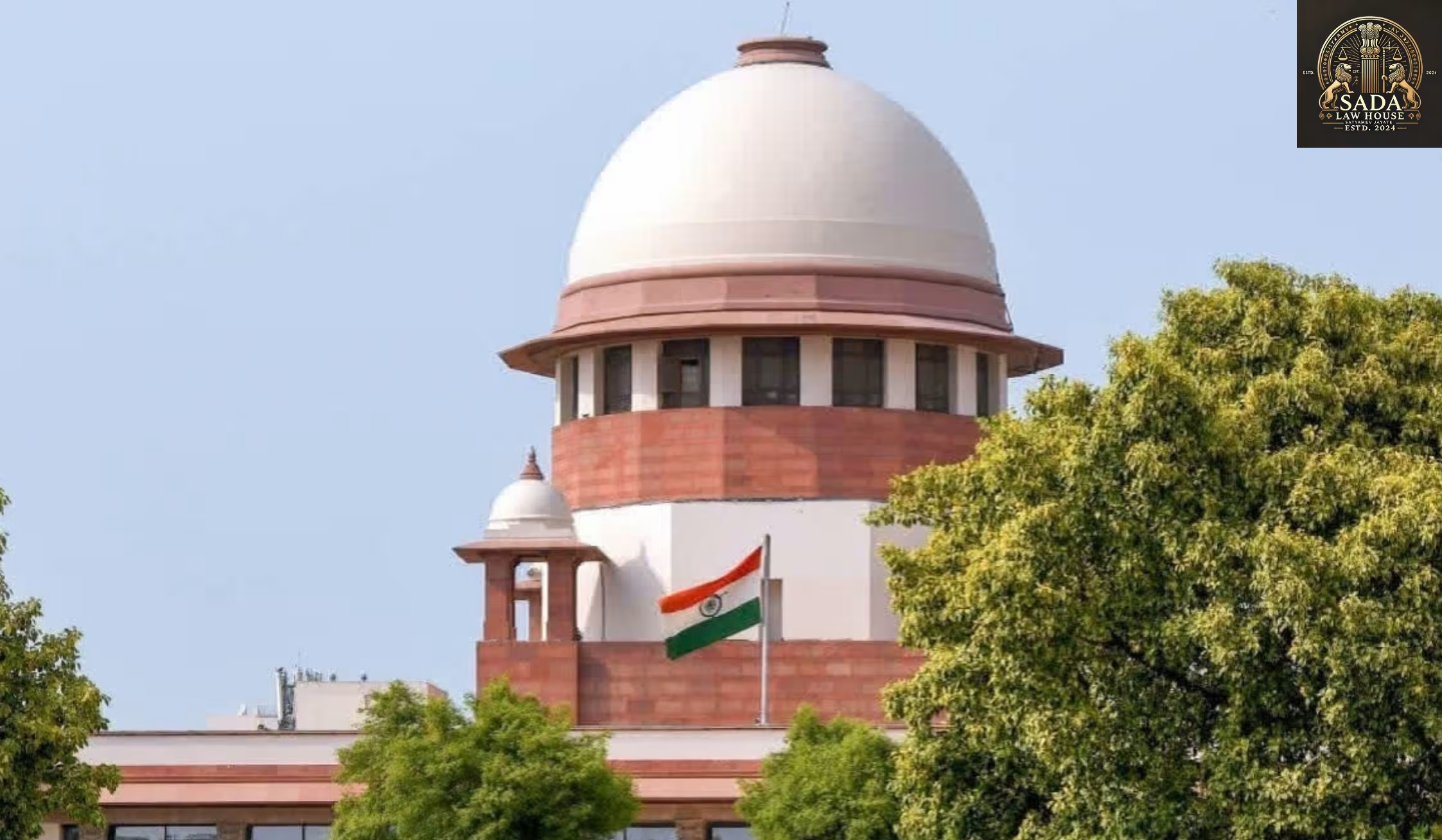Bombay High Court Upholds ₹538 Crore Arbitration Award Against BCCI in Kochi Tuskers Case
- KASHISH JAHAN
- 19 June 2025

Bombay High Court upholds ₹538 crore arbitral award against BCCI in favor of Kochi Tuskers Kerala. Explore the legal battle, IPL franchise termination, and arbitration outcome in this landmark cricket dispute.
Kochi Tuskers Kerala Win ₹538 Crore Arbitration Case Against BCCI
In a major legal development, the Bombay High Court upheld an arbitral award of over ₹538 crore in favor of the now-defunct Kochi Tuskers Kerala against the Board of Control for Cricket in India (BCCI). The ruling in the case BCCI v Kochi Cricket Private Limited and Another marks a significant victory for the franchise once part of the Indian Premier League (IPL).
Court Rejects BCCI’s Appeal Under Arbitration Act
Justice R.I. Chagla ruled that the BCCI’s appeal was unfounded, reinforcing the limited scope under Section 34 of the Arbitration and Conciliation Act, 1996.
“BCCI’s dissatisfaction regarding the findings on evidence or merits cannot form a basis for setting aside the award.”
The Court emphasized that the arbitrator’s conclusion—that BCCI’s termination of the franchise constituted a repudiatory breach of contract—was supported by a fair evaluation of the evidence.
Franchise Termination and the Legal Dispute
The dispute began in 2011 when the BCCI terminated the Kochi Tuskers franchise. The team was originally awarded to a consortium led by Rendezvous Sports World (RSW) and later operated by Kochi Cricket Private Limited (KCPL).
According to the BCCI, KCPL failed to provide a required bank guarantee by March 2011. However, KCPL cited challenges such as:
- Lack of stadium availability
- Pending approvals for shareholding
- Reduction in the number of IPL matches
Despite ongoing engagement and financial payments, BCCI abruptly terminated the franchise and encashed a prior guarantee.
Arbitration Ruling in Favor of Kochi Cricket Private Limited
In 2012, KCPL and RSW initiated arbitration proceedings claiming wrongful termination. The tribunal in 2015 awarded:
- Over ₹384 crore in damages to KCPL
- Ordered RSW to return ₹153 crore with interest and costs
BCCI challenged the award, arguing:
- The arbitrator exceeded their legal authority
- KCPL’s failure to submit the bank guarantee was a fundamental breach
- The award for lost profits and wasted expenditure exceeded contractual limits
- RSW’s arbitration claim was invalid under the Indian Partnership Act
High Court Finds BCCI Waived Bank Guarantee Requirement
The Court dismissed BCCI’s arguments and agreed that their prolonged engagement with KCPL implied a waiver of the original bank guarantee deadline.
“BCCI, through its actions, relinquished the requirement under Clause 8.4 of the KCPL Franchise Agreement to submit the guarantee by March 22, 2011.”
The judge concluded there was no procedural illegality or breach of arbitration norms. The arbitration process was deemed valid, and both KCPL and RSW were allowed to withdraw the awarded sums. BCCI was granted six weeks to file an appeal.
Conclusion: A Precedent in Cricket Arbitration
This judgment is a significant precedent in Indian sports law, affirming the integrity of arbitration in franchise disputes. As the BCCI considers its next move, the ruling highlights the importance of fair treatment and adherence to contractual obligations in the IPL and beyond.
Live Cases







